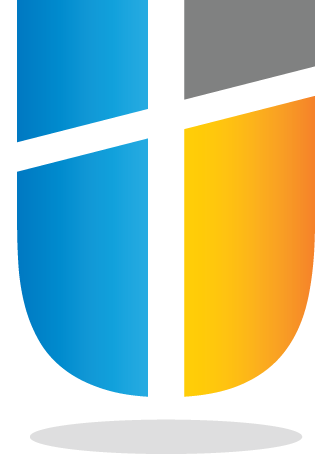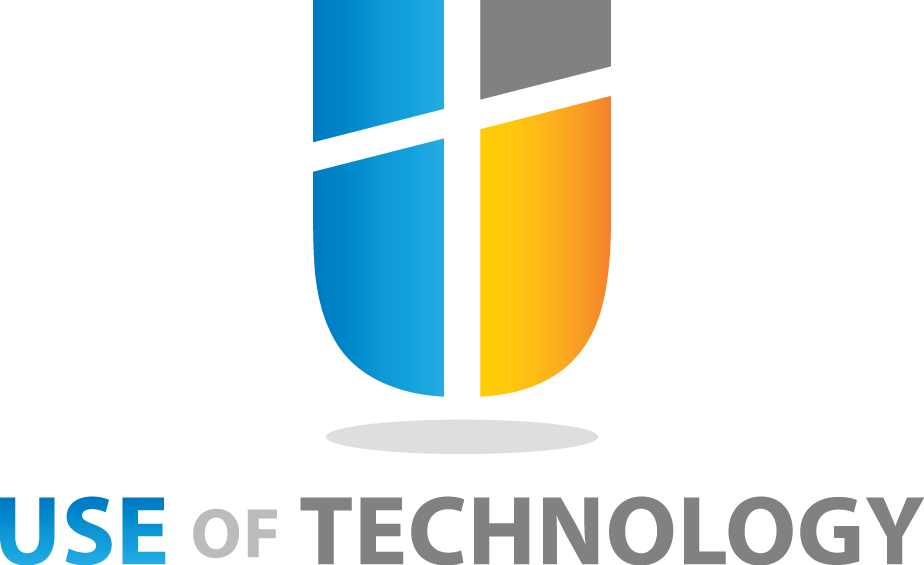Microsoft and Facebook are planning to lay a 4100-mile internet cable across the Atlantic sea with a bandwidth capacity of 160TB. The giant undersea cable named “MAREA” has been consigned to Telefónica-owned Telxius. The project is expected to start in October 2017 with hubs connecting Northern Virginia to Bilbao, Spain.
MAREA, which means “Tide” in Spanish, is Microsoft and Facebook’s new initiative to web the world with faster internet. The task of laying down the cable across Atlantic has been assigned to the infrastructure company Telxius, which will manage the expansion of the network hubs from Europe to Africa, the Middle East, and Asia, Microsoft’s official blog announced.
According to the Microsoft’s director of global network acquisition Frank Rey, MAREA will not only improve the efficiency of Microsoft Cloud but also upgrade the global internet infrastructure. “This marks an important new step in building the next-generation infrastructure of the internet,” he said in a statement.
With 1.65 billion users of Facebook and overwhelming subscribers of Microsoft Cloud (Azure, Bing, Xbox, Live, Office 365), the tech companies need a speedier way to move information around the world. Besides, both companies have their own massive datacenters to take care of and such a huge amount of information cannot be transported without a superfast and flawless wiring systems for signals to ride on.
Expanding into infrastructure business has become a need of all the internet companies, this includes Amazon and Google, which previously invested in two MAREA-like high-bandwidth cable projects which will connect the United State to Japan and other Asian countries. Compared to the lone ventures of the past, this is the first time that two global names have teamed-up over an infrastructure project.
Shared investments have perks because the same internet infrastructure is used by general users but since the burden of investment is reduced on a single company, the cost of services surely cut-down. “This new ‘open’ design brings significant benefits for customers: lower costs and easier equipment upgrades which leads to faster growth in bandwidth rates since the system can evolve at the pace of optical technology innovation,” the company said in a statement.
Telxius is a paid contributor to the project so it does not count on the investment front. However, Microsoft and Facebook have opened the doors to such joint ventures that will improve global internet infrastructure and will benefit all the investors. MAREA is just a beginning and in near future, Apple and Google might also come forward.

